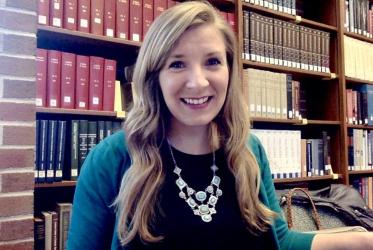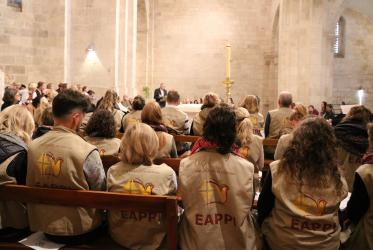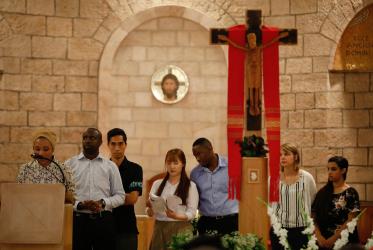Displaying 141 - 160 of 226
16 July 2018
WCC condemns intended demolition in Bedouin village
13 July 2018
Faces of Hope raises awareness
07 March 2018
Ecumenical accompaniers share observations with EU
11 February 2018
Churches call for urgent action for Cremisan Valley
28 September 2017
World Week of Peace highlights “culture of love and resilience”
27 September 2017
Many ready to observe World Week of Peace in Palestine and Israel
15 September 2017
Jerusalem church leaders: leave status quo intact
06 September 2017











